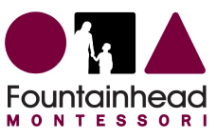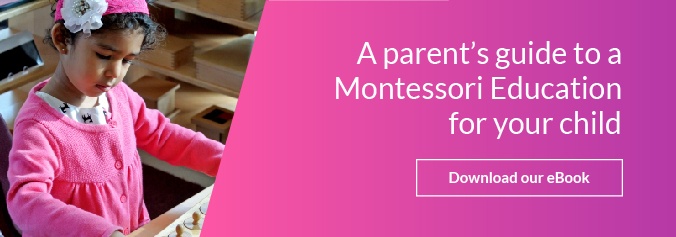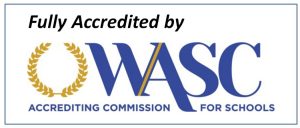As a new parent, you quickly realize the many decisions you have to make for your child. It can be overwhelming to consider if you want to breastfeed, when to start giving them solid foods, if you want to sleep train, discipline styles and countless other options to develop your unique parenting style. The decision of when to send your child to preschool can be made with a few considerations.
What is Best for Your Family?
The answer to this question will vary from family to family since everyone has unique circumstances. Some families may need full-time care for their child from the beginning, while other parents may wait until they are a little older to place in a preschool. Depending upon your circumstances, a few things to consider in this decision are:
- How much childcare is needed? Do you need full-time care for an 8-5 work schedule? Is a morning or every other day schedule enough? Do you need a flexible schedule for varying drop-in days or times? Preschools may offer different schedules and requirements, so it’s good to know what you need when you are looking for a childcare center.
- What are the costs of preschool? Childcare can be a large expense, so you will want to weigh the financial burden and choose a program that will work best for your family.
- What kind of foundation do you want for your child? Some families prefer a flexible environment for their young children and opt to keep them with a family member as long as possible. Other families desire a structured environment that can provide a strong foundation for their future education. These considerations will influence your decision of how and when to place your child in a preschool environment.
Benefits of Preschool Education
If your family decides that full-time care is not necessary from the beginning, a typical age to begin a preschool program is between 18 months and 3 years of age. Many families seek some sort of preschool environment for their young children to help prepare them for elementary school. Over the years, researchers in the education field have noted some important benefits to beginning children in a developmentally appropriate school environment at an early age.
- The brain is most malleable, or able to learn, during the first thousand days of life.
- Young children learn best through repetition, structure and hands-on activities.
- A preschool can prepare your child for the routine and learning habits they will need as they get older.
- In a school environment, children learn important social and emotional skills they may not learn without consistent exposure to other children.
- Teachers trained in early education can provide intentional and effective lessons for children in their care that will provide children with exposure to concepts and cultures caregivers may not think to teach in a less structured environment.
For many families, children begin attending preschool at some point before elementary school. Pre-kindergarten can prepare children for elementary school, but enrolling in a program earlier provides many benefits to the growing brains of young children. At Fountainhead Montessori, our preschool program begins at 18 months to capitalize on the amazing capabilities of the young child’s mind. Contact us today to discuss when your child can begin attending and reap all the wonderful benefits of a preschool education.












Let us know what you think about this post
Put your Comment Below: